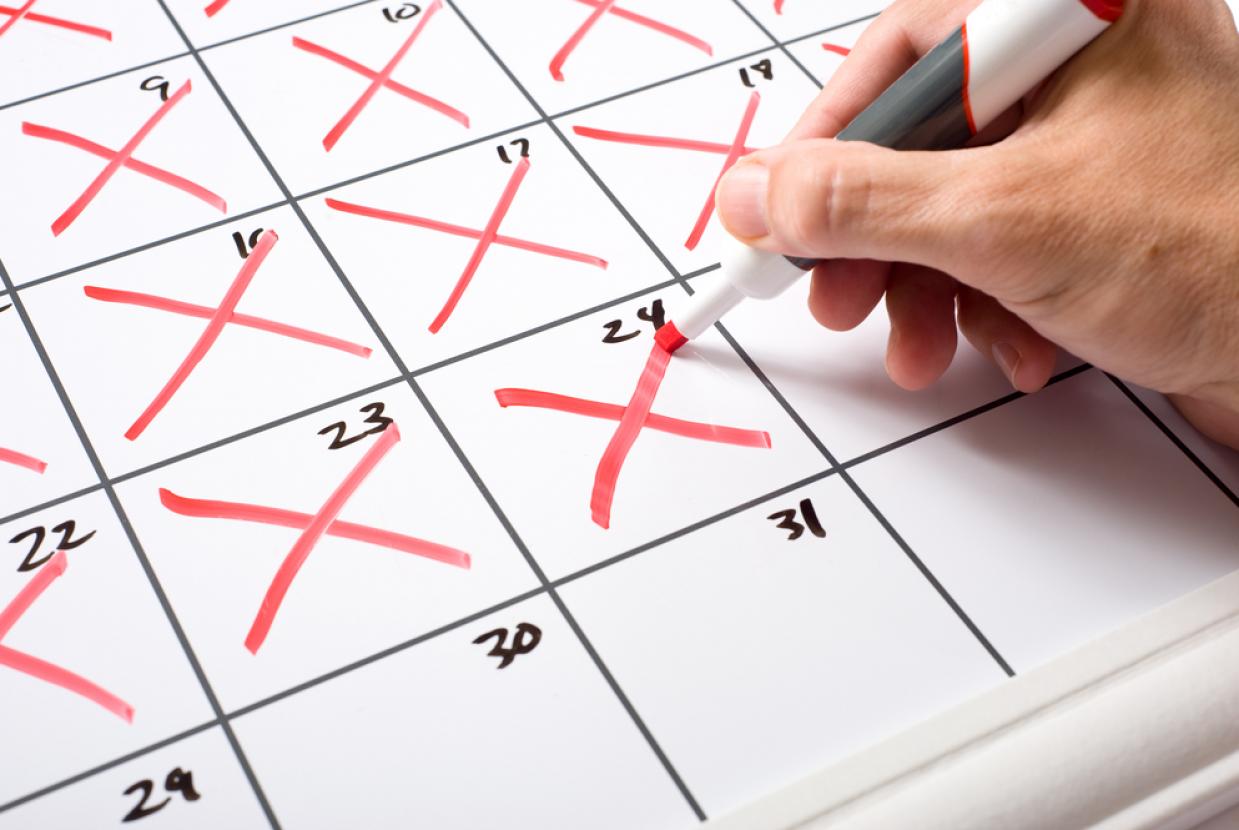Delayed Periods
Girls usually start their periods between 10 and 16 years of age. Most girls get their first period when they're around 12.
But everyone develops at different rates, so there's no right or wrong age to start having periods. Your periods will start when your body is ready. This is usually about 2 years after the first signs of puberty appear. In girls, the first signs of puberty tend to be breasts beginning to develop and pubic hair starting to grow.
When to see your GPSee your GP if you have not started your periods by the time you're 16. Your GP can assess whether you're going through the normal stages of puberty.
It's also a good idea to see your GP if you have not developed any signs of puberty at all by the age of 14. You may be advised to "wait and see". In many cases your periods will start naturally by the time you're 18. Your GP may recommend having blood tests to check your hormone levels.
You may be referred to a specialist (usually a gynaecologist – a specialist in women's health). They'll try to establish the cause and will be able to recommend any appropriate treatment.
Possible causes of periods not startingPossible causes of periods not starting include:
- a normal delay in development – this often runs in families, so if your mother or sister started her periods late, this may be why your first period is delayed
- a hormonal imbalance
- being underweight
- doing a lot of exercise – this can affect girls who do lots of athletics, gymnastics or dance
- eating disorders
- severe stress
- pregnancy – it's possible to get pregnant before you get your first period as your ovaries can start releasing eggs a few months before your periods start
- a problem with the ovaries, womb or vagina
It depends on what's causing the problem. Hormone therapy may be recommended if the cause is a hormonal imbalance.
If the underlying cause is an eating disorder, treatment will often involve a combination of therapy and advice about your diet.
If doing a lot of exercise is thought to be the cause, you may be advised to do less and, if you're underweight, to increase your calorie intake. If the underlying cause for your lack of periods cannot be treated, you should be able to get NHS therapy or counselling to help you come to terms with what this means for you.


































































































